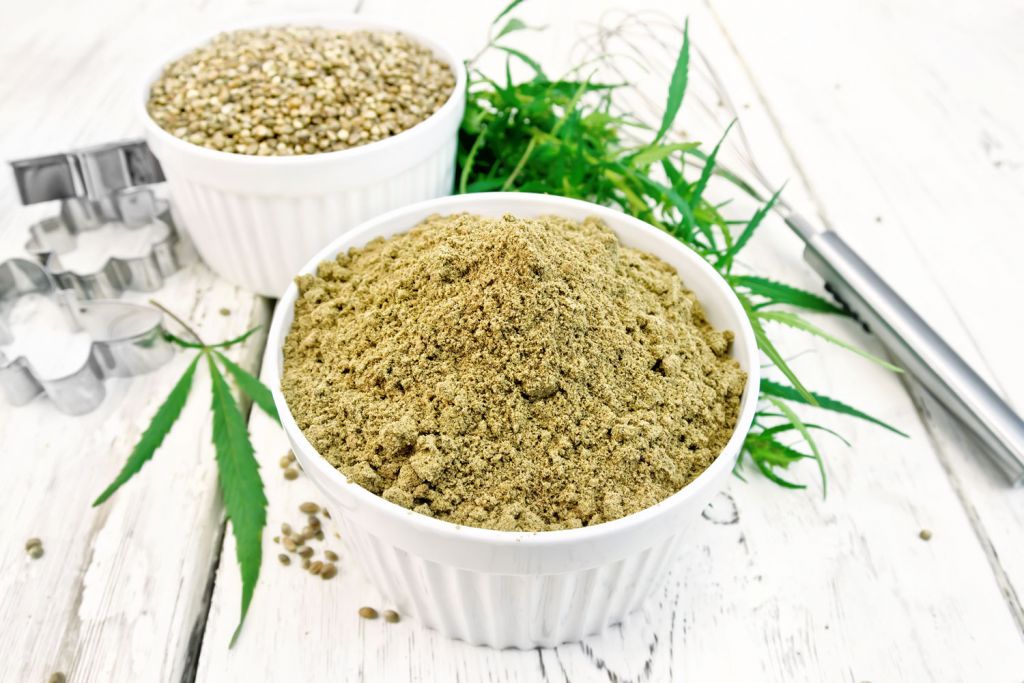
The European Industrial Hemp Association has received a letter from the German Federal Ministry of Food and Agriculture (BMEL) leading to a conclusion that supports EIHA’s position that the full spectrum of natural cannabinoids contained in the hemp plant, which, among others, the cannabinoid cannabidiol (CBD) belongs is not Novel.
The European Industrial Hemp Association (EIHA) has achieved groundbreaking success in the discussion about the generally permissible trade and sale of CBD-containing products.
According to the report, the German Federal Government and the German Federal Ministry of Food and Agriculture (BMEL) have clearly endorsed the view of the EIHA: Foodstuffs containing parts of the hemp plant are, in principle, not “Novel Foods” within the meaning of Regulation (EU) 2015/2283.
“Thus, hemp food products made from traditionally produced extracts with the natural full spectrum of the cannabinoids contained in the hemp plant are not Novel Foods. For the German hemp food industry, this statement by the government and the ministry is an important milestone”, says Daniel Kruse, President of the EIHA.

He added, “CBD is a completely natural, non-psychotic ingredient of industrial hemp and has been consumed for thousands of years via the hemp seeds, flowers and leaves and processed into high-quality food, including through traditional extraction techniques.”
- Cannabidiol (CBD) is a natural substance contained in the crop Cannabis sativa L., which is from EU-certified cultivation and which has always been and still is mainly found in the flowers and leaves of this plant, along with other cannabinoids.
- The aforementioned plant Cannabis sativa L. (“hemp”) and its parts, namely its seeds as well as its processed flowers and leaves, are, in the opinion of the Federal Government, “foodstuffs” within the meaning of Section 2(2) of the LFGB in conjunction with Article 2 of Directive (EU) 178/2002 and thus not medicinal products and therefore do not require a marketing authorisation as medicinal products.
- The consumption of CBD-containing parts of the plant Cannabis sativa L., in particular hemp leaves or flowers or their extracts, was already taking place to a considerable extent within the EU or its member states before the Novel Food Regulation came into force on 15.05.1997. Therefore, cannabis products containing CBDs are not “Novel” and, therefore, do not require prior authorisation under Article 6 of Regulation (EU) 2015/2283 (so-called “Novel Food Regulation”).
- Plant products containing CBD can, therefore, be marketed both as foodstuffs and as food supplements.
EIHA has written to the German Federal Office of Consumer Protection and Food Safety (BVL) and submitted two written communications from the EU Commission to the companies inquiring about this, in which the EU Commission, after consulting its Standing Committee on Foodstuffs, had already declared that:
“…it has been decided that foods containing parts of the hemp plant [such as hemp leaves and flowers – author’s note] are not covered by Regulation (EC) No 258/97 on Novel Foods and Novel Food ingredients.”
Hemp food products are made from traditional hemp flower/leaf extracts that contain the full natural spectrum of cannabinoids contained in the hemp plant, including the cannabinoid cannabidiol (CBD).
The BVL had admitted in its reply to EIHA that hemp leaves or flowers (which thus contain natural cannabinoids such as CBDs) had, in fact, been used as an ingredient in foodstuffs before the Novel Food Regulation came into force, and this also included use in the form of extracts.
Federal Government confirms EIHA’s view
In the meantime, EIHA had also directly contacted the Federal Government in Germany. Specifically, the Federal Ministry of Food and Agriculture (BMEL) – criticised this blanket and undifferentiated publication by the BVL, attaching the above-mentioned decisions of the EU Commission and other evidence of the traditional use of hemp as a foodstuff before 15 May 1997.
![]()




You must be logged in to post a comment.